COLOUR THE COMMENTARY:
ELIJAH ADEKUBGE
Photos: Osman Ahmed
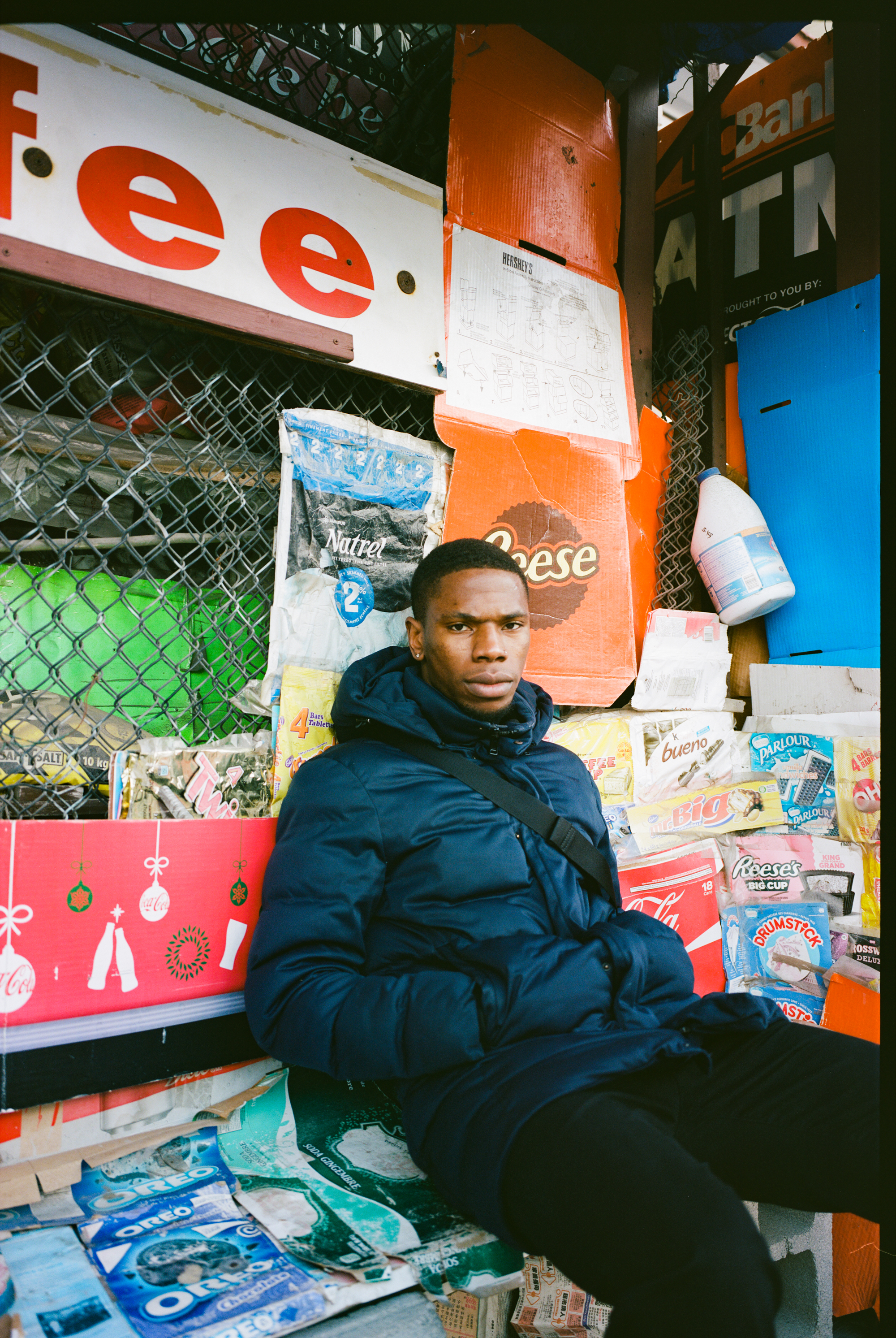
FOOTBALLER, MUSICIAN, ARTIST.
These are all titles that York United’s Elijah Adekubge carries with pride. Adekugbe does not allow his passions to box him into one category and embraces being more than just an athlete.
For our final installment of Colour the Commentary, We chopped it up with Elijah about his cultural background, his first experiences with racism and the importance of being more than just an athlete, especially as a Black player.
These are all titles that York United’s Elijah Adekubge carries with pride. Adekugbe does not allow his passions to box him into one category and embraces being more than just an athlete.
For our final installment of Colour the Commentary, We chopped it up with Elijah about his cultural background, his first experiences with racism and the importance of being more than just an athlete, especially as a Black player.
Tell us about your earliest football memory.
My family grew up in England. We lived in London for three years and then moved to Manchester. I was eight and I remember when we lived in our neighborhood in Manchester, there was a concrete wall opposite where we lived. Me, my brother and friends in the neighborhood that love footy, would chalk up a wall on it. I would just hang there and we would play as if we were at the World Cup. Just have vibes. We were between six and eight at the time. So yeah, I just remember those all being on.
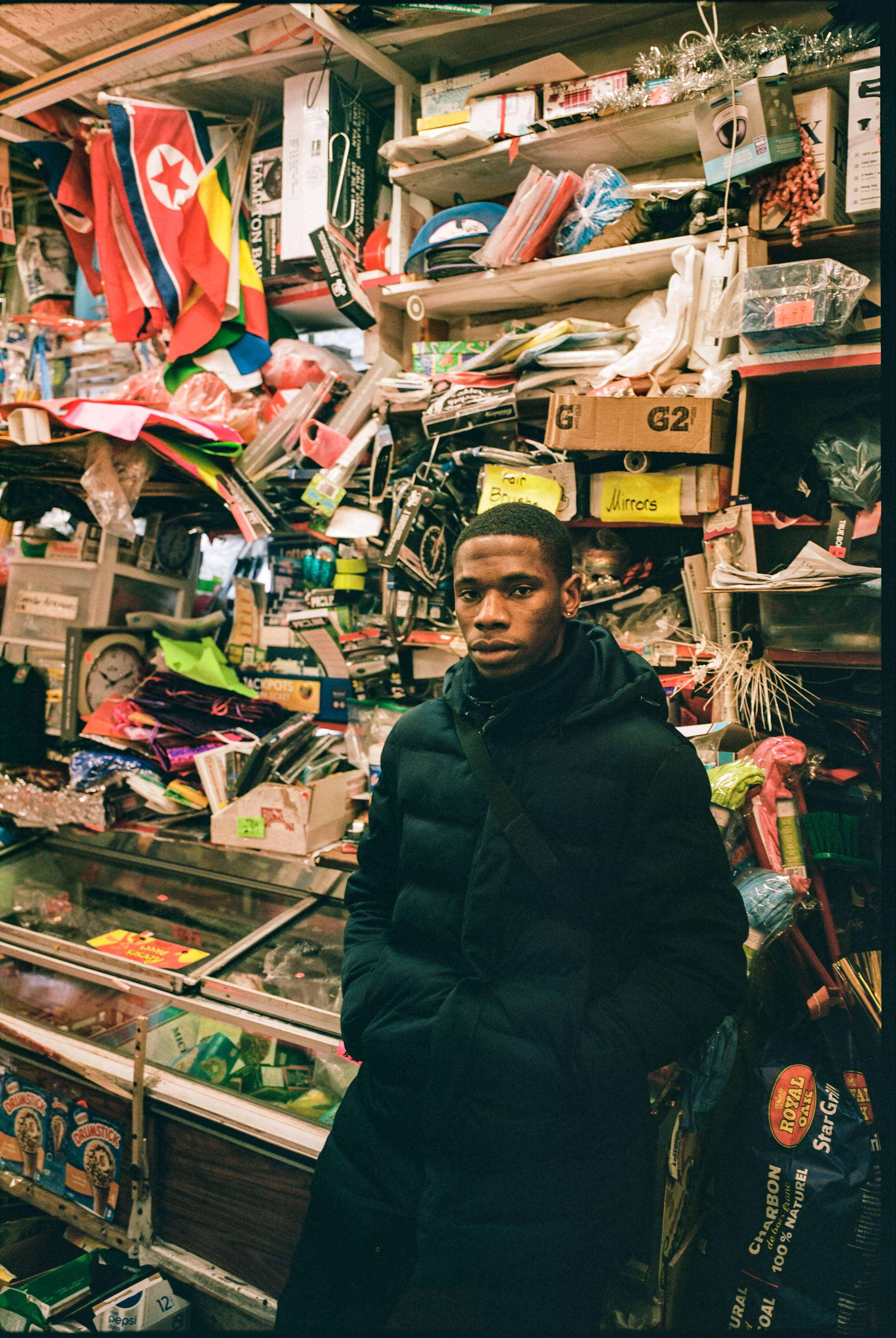
Growing up in a family of ballers, the family games must have been different. What was it like growing up in that environment?
Honestly, I look back on it, it was calm, we're competitive. We would push each other, if we were competing in something, especially because our brother played, my dad played, in anything, you would just want to be the best. You have people that are actually good at it, competing against you. So I'm honestly grateful for it. I feel like it made me better. Plus, Christmas time goes crazy. If you've ever been to Christmas in your family, you know that. The competitiveness is nuts. Like if you lose, you're getting rinsed. If you're winning, you're talking shit.
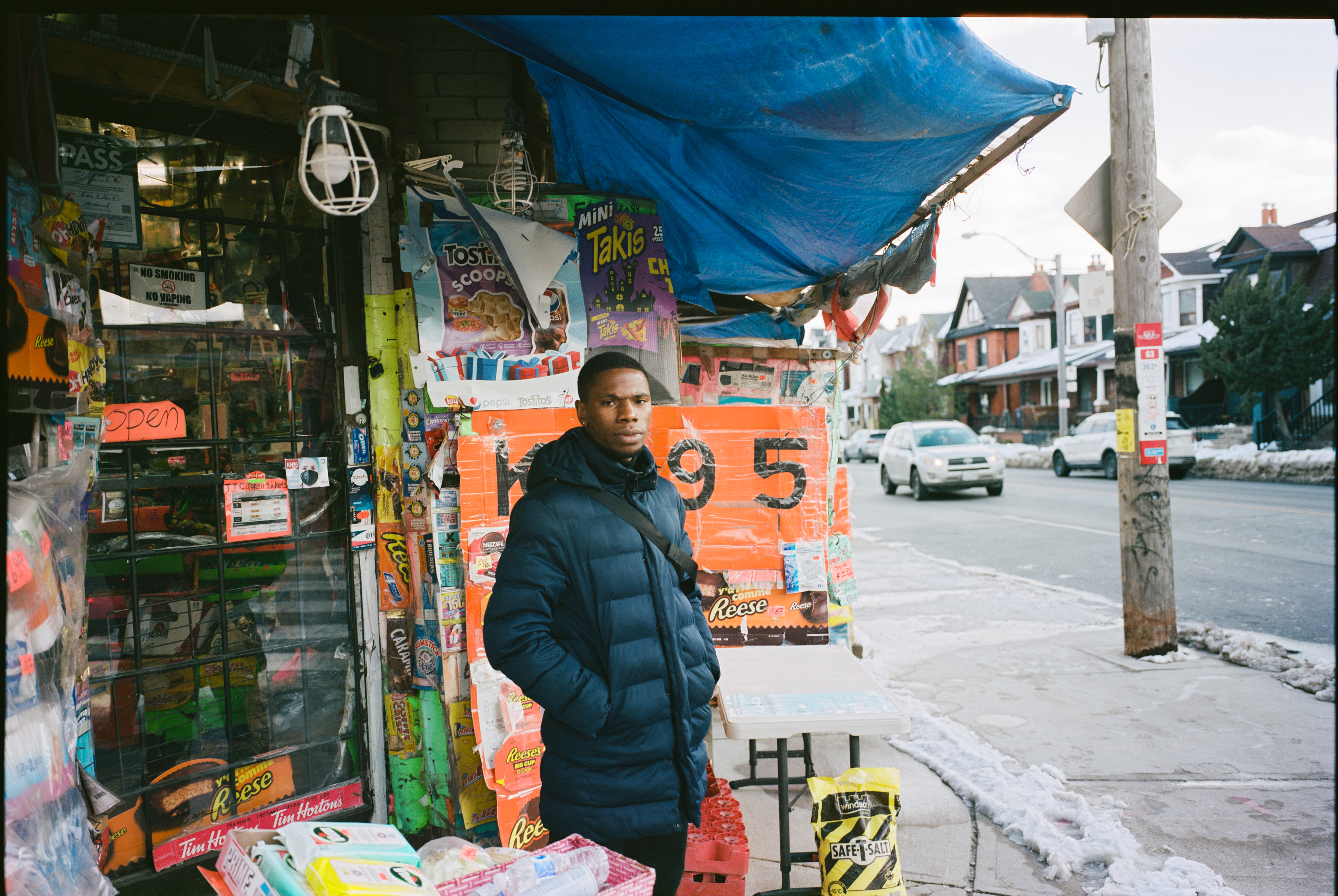
Tell us more about your upbringing and culture.
My family is English, Canadian and Nigerian. Our family background, everything about it is Nigerian, and that's where we all come from. Then we moved to England, so my grandparents moved to England from Nigeria. Parents were born in England. My dad did school there and my mom went back when she was 18 or younger for a bit, and then she moved back to England when she was in her teens. In 2004 that’s when we moved to Canada and have been here ever since.
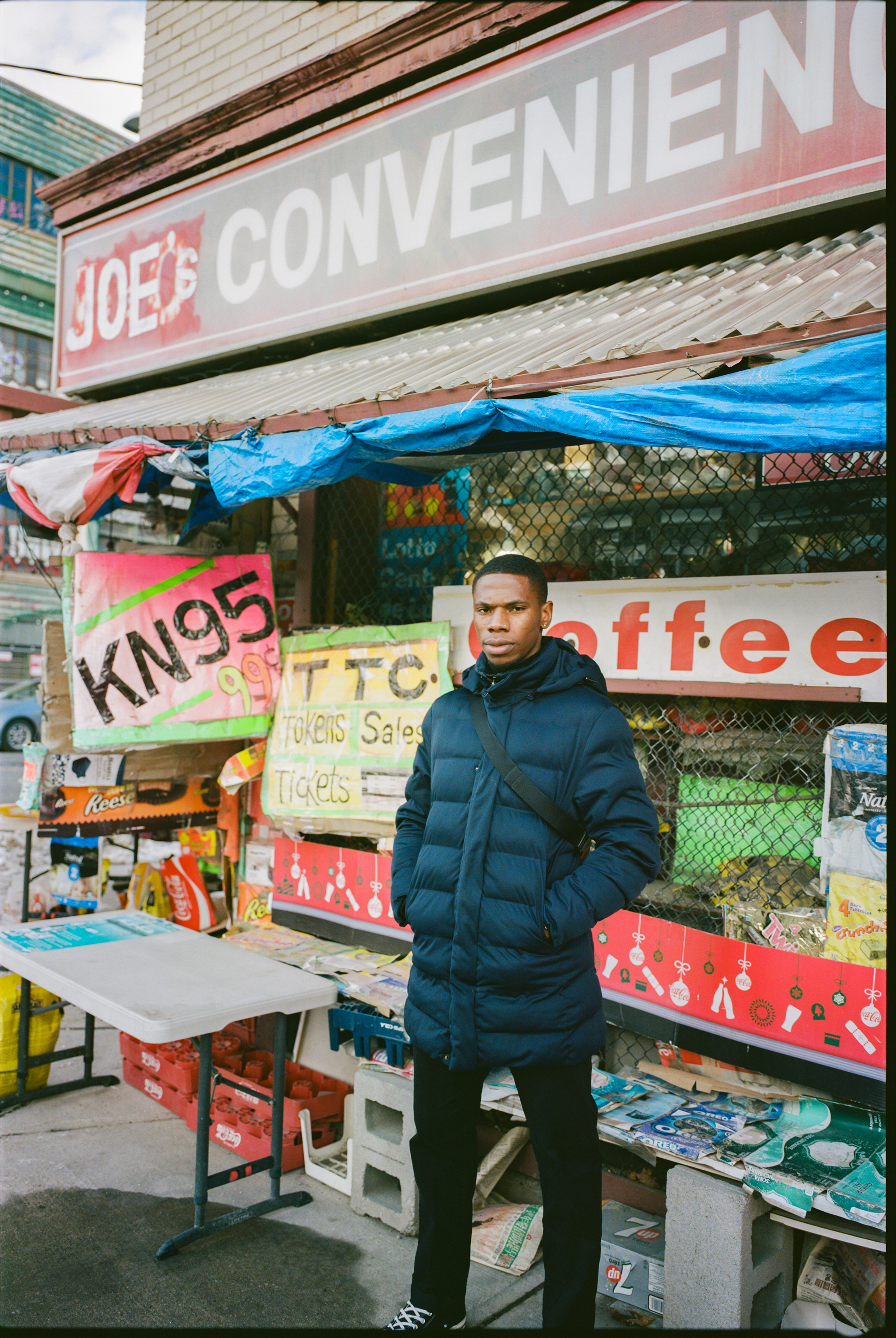
Racism in football is unfortunately still very present. As a player, have you ever experienced it, and if so, how did you respond to it?
My first experience with football, I remember vividly I was playing U14. I was playing with my hometown team Calgary Foothills. I remember playing against this guy on the other team, a white guy, and he called me a n*****. That was crazy.
My dad was the assistant coach at the time, so when he found out, he went crazy. But to me, I was kind of just shook. And I remember just being so angry, just cheesed, like beefing the guy, going crazy just because, you're angry and it's your first time, you've obviously heard stories that your parents have told you things, but until you experience it for the first time, you don't know how angry it makes you.
My dad was the assistant coach at the time, so when he found out, he went crazy. But to me, I was kind of just shook. And I remember just being so angry, just cheesed, like beefing the guy, going crazy just because, you're angry and it's your first time, you've obviously heard stories that your parents have told you things, but until you experience it for the first time, you don't know how angry it makes you.
With that being said, looking at the current top footballers in the CPL, and in Canada as a whole, there is a much bigger representation of Black athletes in football that you are now a part of. What does that mean to you knowing you are inspiring the next generation?
Yeah, I think it's dope.
Growing up, we didn't really have those influences, especially in Canada. There was no home league. There was really nothing. So the fact that the young Black kids can come to a game in their country and see top professionals that they can relate to that and have been through the same experience and know what it's like to be a Black footballer, a Black kid growing up in places where you might feel comfortable, I think that's dope. So I think, yeah, we just gotta keep trying to be the best version of ourselves and the ones that come after us. Hopefully, they take it to a further level, more than what we have done.
Growing up, we didn't really have those influences, especially in Canada. There was no home league. There was really nothing. So the fact that the young Black kids can come to a game in their country and see top professionals that they can relate to that and have been through the same experience and know what it's like to be a Black footballer, a Black kid growing up in places where you might feel comfortable, I think that's dope. So I think, yeah, we just gotta keep trying to be the best version of ourselves and the ones that come after us. Hopefully, they take it to a further level, more than what we have done.
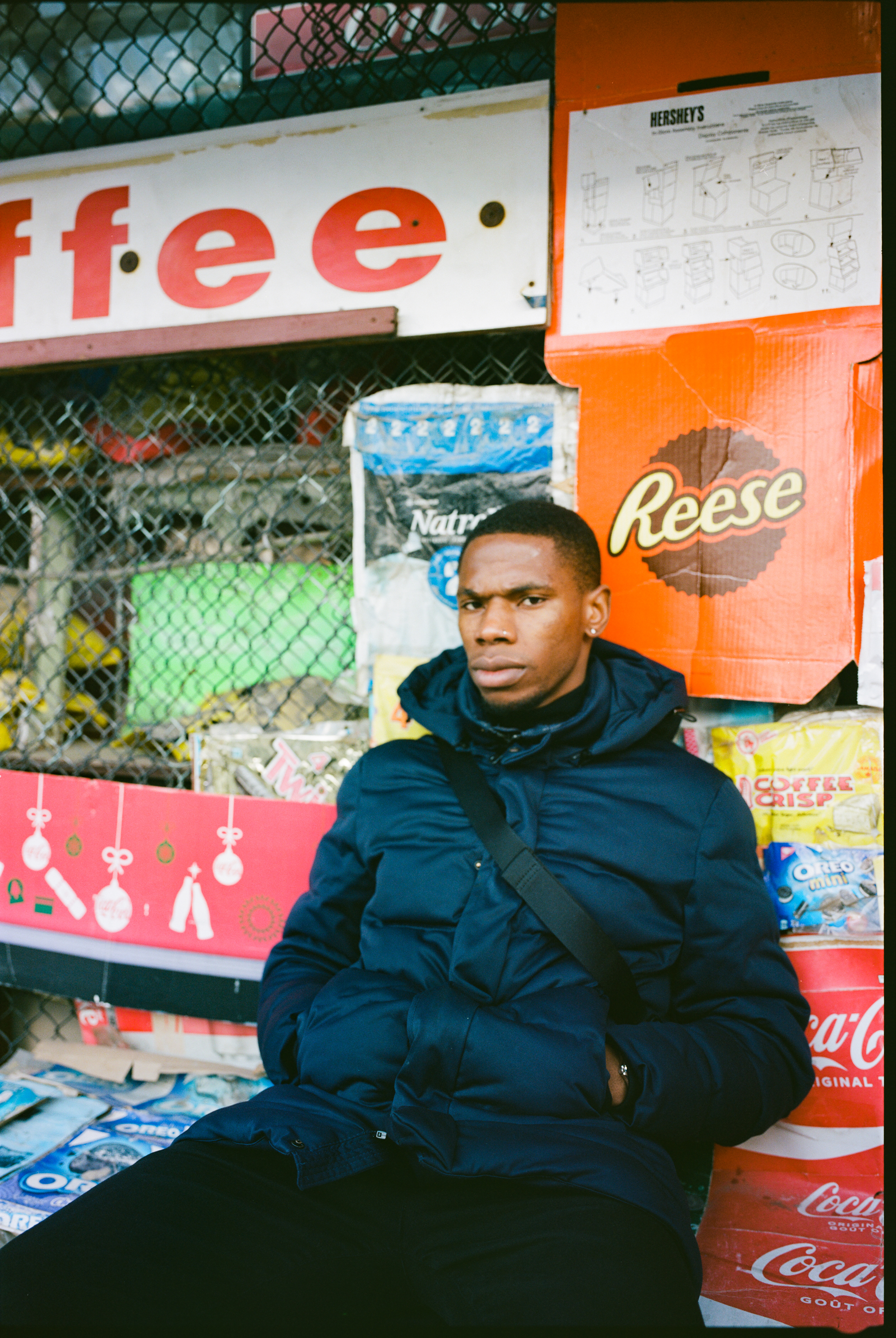
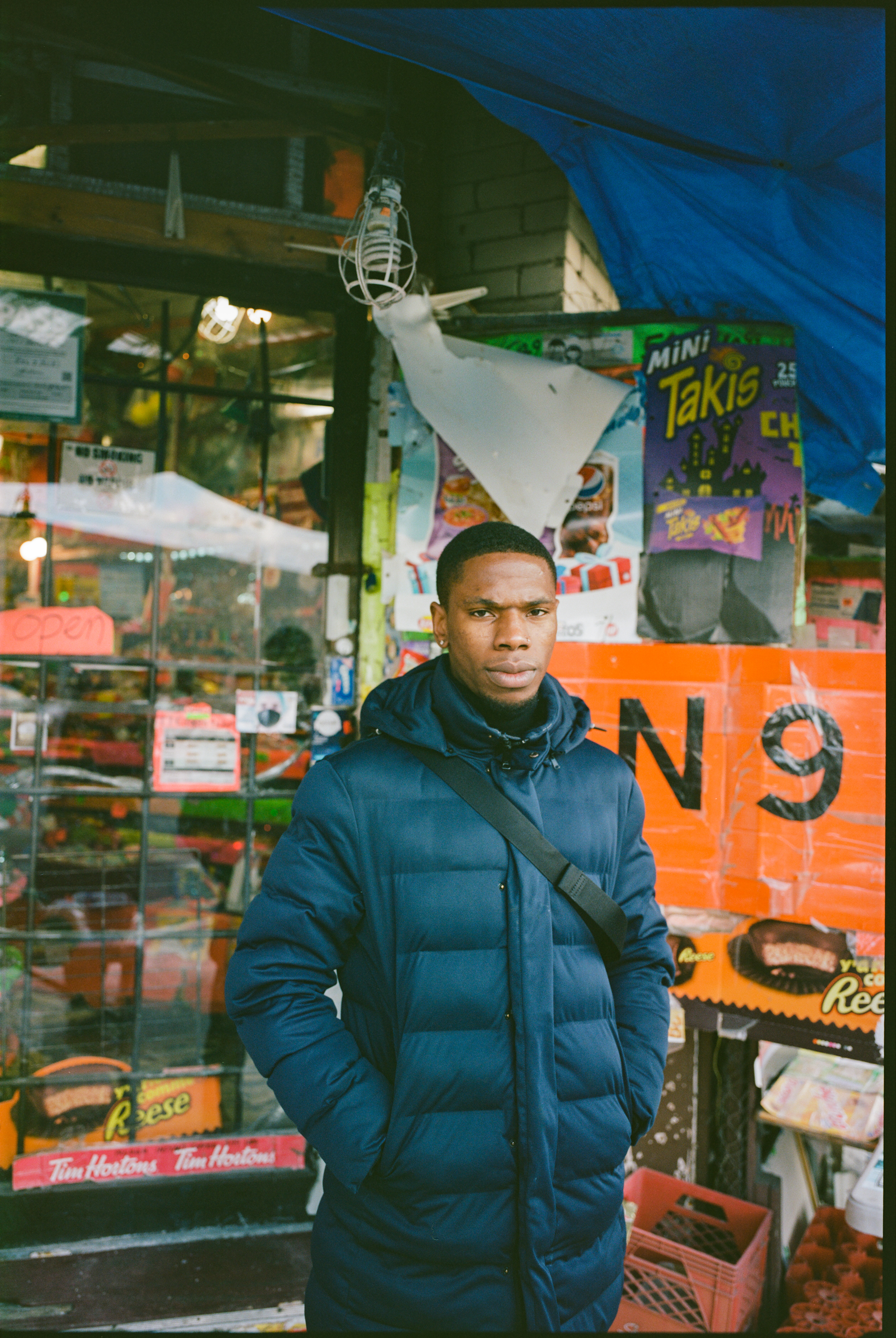
When you hear the phrase “More than an athlete", how do you apply it to being a Black professional athlete?
That's something that means a lot to me. To be honest, it means everything, because with my history, I've had two Achilles injuries. I've been out for like two years with those. And I think in those moments, I realized that being a footballer wasn't the only thing that made me a person of value, you know what I mean? Growing up in football, your only life is you live and you die by it, and your values are defined by what you do on the field. I think in those moments when I went through those injuries, realizing that I couldn't do anything on the field, it didn't make me a useless human. I still have that often. I think that's when I realized, a whole more than an athlete, it's a way of life. And it's good for people to have just the general mentality that you are way more than that.
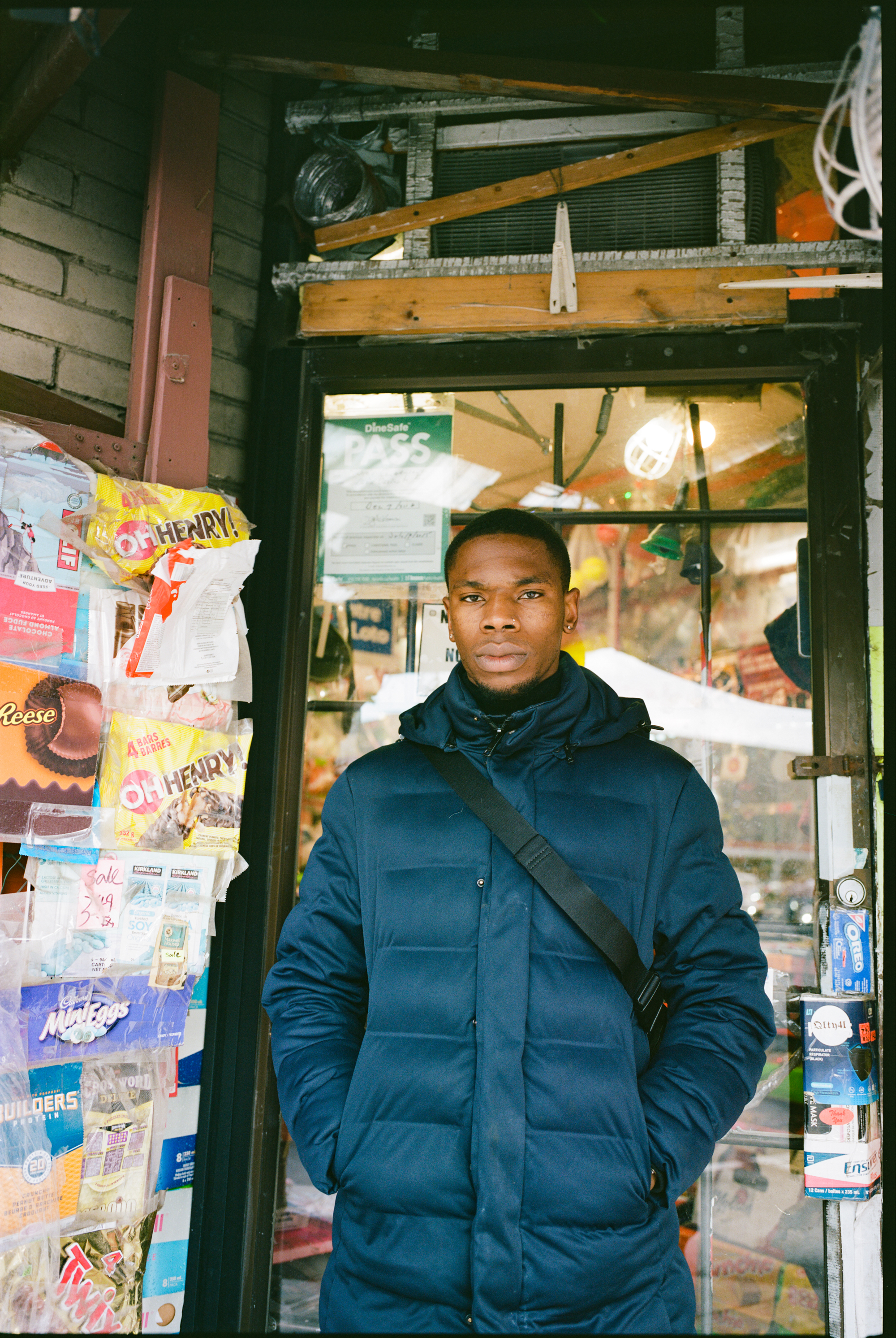
Outside of football you are also an artist and a musician. How has music impacted your footballing career?
I think music helped me a lot, because when you make music, I feel like you use a different part of your brain than when you play footy. Although I feel like when you're in that philosophy, it's a similar type of feeling when you're playing a game; like an encouragement. You're so creative, you're so alive, you're so free. And I feel like when I take those principles of just trying to play footy, a sense that if you can tap into the artist within when you are playing, I feel like it makes you feel more creative. So yeah, I would just say like that's how it's helped me.
Plus it's also giving me peace and purpose away from the game as well. I think that's something that I've been craving and thatI'm happy to have. So yeah, hopefully it just keeps bringing me more, more peace, more joy, more creativity.
Plus it's also giving me peace and purpose away from the game as well. I think that's something that I've been craving and thatI'm happy to have. So yeah, hopefully it just keeps bringing me more, more peace, more joy, more creativity.
